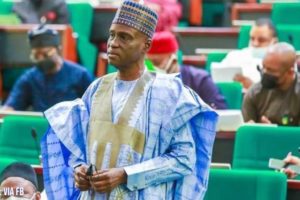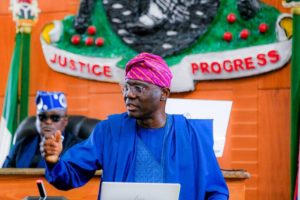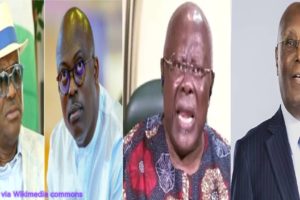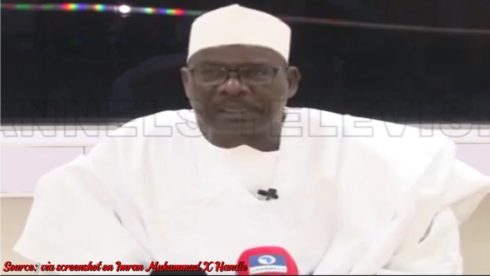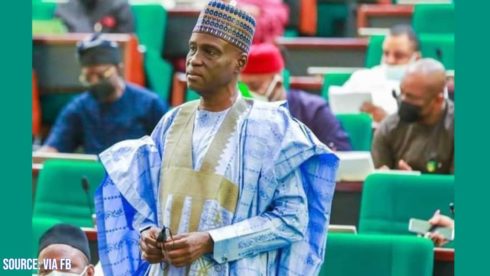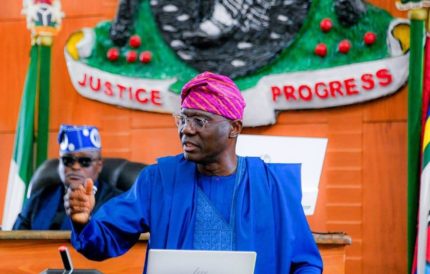Senator Ali Ndume, the immediate past Chief Whip of the Senate, has issued a formal apology to the leadership of the All Progressives Congress (APC) for his recent public criticism of President Bola Ahmed Tinubu’s administration. The apology, delivered on Tuesday, August 6, marks a significant shift in Ndume’s stance and highlights the complex dynamics within Nigeria’s ruling party.
The senator’s decision to apologize underscores the importance of party unity and the potential consequences of public dissent within political organizations. It also raises questions about the balance between individual expression and party loyalty in Nigeria’s political landscape.
Senator Ali Ndume Acknowledges Failure to Consult Party Leadership
In his apology, Senator Ali Ndume specifically addressed his failure to consult with the APC leadership before voicing his concerns publicly. This admission sheds light on the internal protocols and expectations within the party, particularly when it comes to critiquing the actions of a sitting president from the same political affiliation.
The senator’s acknowledgment of this procedural oversight suggests a recognition of the party’s hierarchical structure and the importance of internal communication channels. It also indicates a potential desire to mend fences and realign himself with the party’s official stance.
Implications for APC’s Internal Dynamics
Senator Ali Ndume’s apology has significant implications for the APC’s internal dynamics. As a prominent figure within the party and a former high-ranking member of the Senate leadership, his actions and statements carry considerable weight.
This public reconciliation may serve to reinforce party discipline and discourage other members from airing grievances without first going through proper channels. It could also be seen as a demonstration of the APC’s ability to manage internal dissent and maintain a unified front in the face of public scrutiny.
Potential Impact on Government-Party Relations
The incident and subsequent apology highlight the delicate relationship between the government and the ruling party. President Tinubu, as both the nation’s leader and a figurehead of the APC, occupies a unique position that can sometimes create tensions between governmental actions and party expectations.
Ali Ndume’s retraction may help to smooth over any potential rifts between the administration and the party leadership. It could also serve as a reminder to other party members about the importance of presenting a united front in support of the government’s initiatives.
Public Perception and Political Discourse
The public nature of both Senator Ali Ndume’s initial criticism and subsequent apology is likely to influence public perception of the APC and the Tinubu administration. On one hand, it may be seen as a sign of healthy democratic debate within the party. On the other, critics might view it as an attempt to stifle legitimate concerns about government policies.
This incident is likely to spark discussions about the role of constructive criticism within political parties and the extent to which party members should be allowed to express dissenting views. It may also lead to increased scrutiny of future statements made by APC members regarding government policies.
Future Implications for Nigerian Politics
Senator Ali Ndume’s apology could have broader implications for Nigerian politics moving forward. It may set a precedent for how dissent is handled within major political parties, potentially influencing the behavior of politicians across the political spectrum.
As Nigeria continues to navigate its democratic journey, incidents like this will likely play a crucial role in shaping the norms of political discourse and party dynamics. The balance between party loyalty and individual expression will remain a key issue, with potential ramifications for the country’s political development and the health of its democracy.
Table of Contents
Discover more from OGM News NG
Subscribe to get the latest posts sent to your email.

